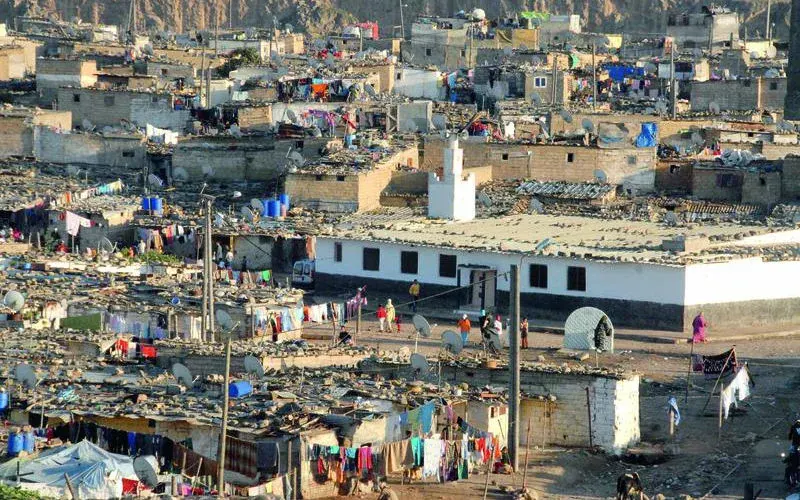Bottom Line Up Front
Morocco’s economic momentum over the past two decades has gone hand in hand with an ambitious urbanization policy driven by King Mohammed VI, positioning cities as engines of growth and modernization.
The “Cities Without Slums” initiative was launched to eliminate unsafe informal settlements and promote structured, hygienic, and secure living spaces aligned with international urban standards.
However, despite subsidies and relocation efforts, many vulnerable families remain marginalized—facing unaffordable housing costs, lack of public services, and legal insecurity due to delays in property title delivery.
To ensure long-term success, public policies must prioritize human dignity: fully supporting the poorest families, streamlining administrative procedures, and preparing relocation zones with schools, transport, and job opportunities before displacement.
Morocco is a country that has experienced significant socio-economic development over the past two decades. With the emergence of major international events, Morocco has had to accelerate its public policies aimed at ensuring a healthy and safe environment—not only for its own population but also for the millions of tourists it plans to welcome. The country has spared no effort and mobilized all available resources to guarantee the success of these initiatives, thereby consolidating its reputation for excellence in organization, logistics, and security.
Among the plans that Morocco has intensified is the "Cities Without Slums" program, launched by His Majesty King Mohammed VI in his 2004 royal speech. With the goal of creating welcoming and dignified urban spaces, the State immediately resorted to its power of expropriation in the service of public interest. The executive branch quickly mobilized, and several slums were demolished, notably in Temara, Rabat, and Casablanca.
These slums had long been perceived as hotspots of crime—ecosystems in which an impoverished class lived without access to hygiene standards or reliable security. To address this, the government implemented various support programs and granted numerous subsidies to help residents transition to housing that reflects human dignity. The State committed to covering over 50% of the cost of the new housing units, along with offering flexible payment terms for the beneficiaries.
However, while this initiative is promising and full of hope, it also reveals several limitations and challenges in its implementation. Despite the assistance provided, many residents, given their dire financial situation, struggle to afford the transition—primarily due to the cost of social housing or the debts incurred through the relocation programs. Some families are even forced to leave their new homes after failing to keep up with payments. Moreover, others refuse to adhere to mortgage-based solutions, arguing that such loans—even with low interest rates—conflict with their religious beliefs, making their participation in the program complicated.
Additionally, the housing units allocated are often reported to be too small and fail to meet the needs of the families. One citizen stated, "They offered me a two-room apartment, which is not enough, and I have no money to pay for it."Furthermore, residents face serious challenges integrating into new cities, particularly due to the lack of job opportunities and insufficient access to essential services such as transportation and education. Many areas lack continuous bus routes or nearby schools, deepening the sense of isolation.
Lastly, families face considerable administrative delays in the relocation process. After being displaced, many wait months or even years to receive official property titles. This absence of legal documentation prevents them from accessing basic rights such as applying for loans, registering property titles, or receiving social assistance linked to homeownership. As a result, numerous families remain trapped in a legal limbo that closely resembles the insecurity they experienced in the slums. Without formal legal security, some fear being evicted or relocated once again, further fueling a sense of instability and distrust toward public policy.
It is therefore crucial to emphasize that economic development and urban planning must not come at the expense of vulnerable populations. These ambitious projects must be supported by clear, efficient, and humane public policies that uphold the dignity of those affected. This includes simplifying administrative procedures, offering full financial exemptions for the most disadvantaged families, and establishing a rigorous registration process to prevent fraud. Equally important is the need to prepare relocation areas in advance by ensuring they are equipped with essential services such as public transportation, schools, and employment opportunities. Only under these conditions can the transition to decent housing be truly successful and inclusive.

